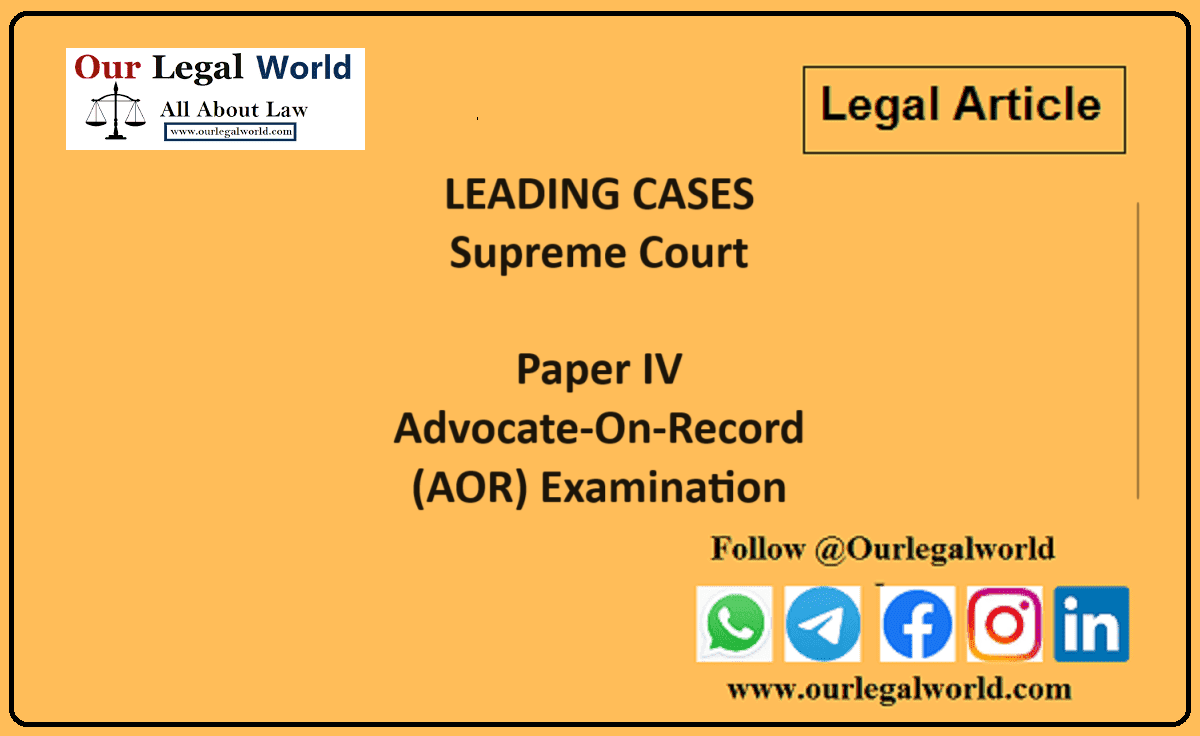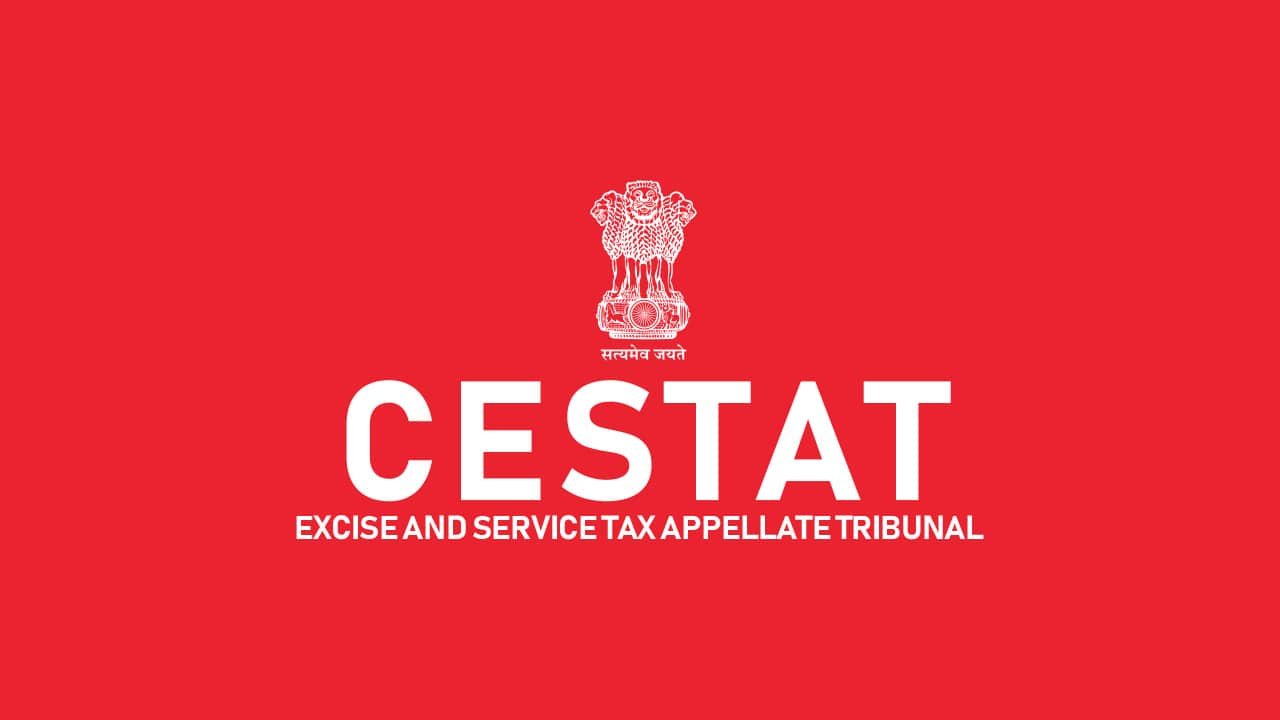Kinds of Company- Overview
Introduction
In the world of business, the incorporation of an artificial person is known to be a company. Its dynamics to the approach change with the development to the needs of the business. The word ‘company’ is derived from the Latin word ‘Com’ which means ‘with or together’ and ‘panis’ which means ‘bread’ that is ‘association of persons who took their meal together’. The purpose of the association is for the attainment of a common end either social or economic. A company is the creation of law which is clothed with many rights, powers, obligations, and duties prescribed by the law. But it limits power only to the acts it can perform which is conferred or consulted by the charter of the company i.e., Memorandum of Association.
Definition
According to section 2(20) of the Company Act, 2013 ‘company’ means a company incorporated under the Company Act, 2013, or under any previous company law.
A company is an association of persons formed for the purpose of some business which has a legal personality separate from that of its members. A company may be formed by charter, by special Act of Parliament, or by registration under the Companies Act.
Lord Justice Lindley has defined a company as “an association of many persons who contribute money or money’s worth to common stock and employ it in some trade or business and who share the profit and loss arising therefrom. The common stock so contributed is denoted in money and is the capital of the company”
Kinds of company
Kinds of companies formed under Company Act, 2013 –
- On the basis of incorporation –
- Royal chartered company – Companies formed under the Royal Charter of a company or special order of king or queen. For example, East India Company formed by the Royal Charter of Great Britain.
- Statutory company – it is incorporated by a Special Act passed either by the Central or State legislature to carry the business of national importance. For example, RBI formed under RBI Act, 1934.
- Registered company – A company registered under the Companies Act, 2013, or any other existing Act.
On the basis of liability –
Limited by shares – According to section 2(22) of the Companies Act, 2013 a company is limited by shares when the liability of the members is limited by such an amount that is unpaid on their respectively held shares. the unpaid amount can be called upon any time during the lifetime or winding up of the company.
Limited by guarantee – According to section 2(21) of the Companies Act, 2013 a company having the liability of its members limited by the memorandum to such amount as the members may respectively undertake to contribute to the assets of the company in the event of its being wound up. Such companies are generally formed to promote art, science, sports, etc.
Unlimited company – According to section 2(92) of the Companies Act, 2013 a company not having any limit on the liability of its members. When the company is unable to pay off its liabilities fully and the winding-up process starts then the creditors will have a right to recover their payments due to the personal assets of the shareholders of the unlimited company.
On the basis of control –
Holding company – According to section 2(46) of the Companies Act, 2013 a company is said to be the holding company if that particular company holds at least 50% of the other companies and has the authority to make management decisions, influences and controls the company’s board of directors. A holding company may exist for controlling and managing subsidiary companies.
Subsidiary company – According to section 2(87) of the Companies Act, 2013 a subsidiary company is controlled by the holding company. With the amendment of the Companies Act, 2017, section 2(87)(ii) states that holding company has control over more than one-half of the voting power of another company and that particular company is known as the subsidiary company.
On the basis of the transferability of shares –
Private company – According to section 2(68) of the Companies Act, 2013 a company whose Article of Association and Memorandum restricts the transfer of shares by its members, prohibits any acceptance of public deposits and debentures. A private company can be started with only 2 members and a maximum of up to 50 members and has a minimum paid-up share capital of 1 lakh. All private companies much include the words “Private Limited” or “Pvt. Ltd” in their names.
Public company – According to section 2(71) of the Companies Act, 2013 a company that has a minimum paid-up share capital of 5 lakh and which is not a private company. It accepts public deposits and invites the public for the subscription of its shares and debentures. A public company shall be deemed to be a public company for the purpose of the act even when the subsidiary company continues to be a private company.
One-person company – According to section 2(62) of the Companies Act, 2013, a company can be formed with just 1 director and 1 member. It is a form of a company where the compliance requirements are lesser than that of a private company. The concept of a one-person company is new to the business era providing small entrepreneurs to contribute to economic growth rather than devoting time and energy in multifaceted legal agreements.
Judicial interpretation
- Doctrine of Ultra Virus
The term Ultra Virus is derived from Latin, ‘ultra’ which means beyond and ‘vires’ meaning power or authority. In the framework of company law, anything which is done by the company which is beyond their legal authority is an act of ultra-vires. The memorandum of association is considered as a constitution for the company. The objective, powers, and scopes are specified in the memorandum and a company is authorized to work within such specification.
The doctrine of ultra-vires was first decided in the case Ashbury Railway Carriage and Iron Co. Ltd v. Riche, 1878. In this case, the company entered into a contract with Riche to finance the construction of a railway line. Later on, the directors repudiated the contract on the ground that it is ultra-vires to the memorandum of the company. Riche filed a suit demanding damages from the company. According to Riche, general contacts in the objects clause of the company meant any kind of contract and thus the company has the power to perform suck kind of contract. The House of Lords held that the contract was ultra-vires to the memorandum of the company. The term general contract was interpreted in connection with the preceding words of mechanical engineers. Thus, making it null and void.
In India, the doctrine of ultra-vires was first accepted in the case of Jahangir R. Modi v. Shamji Ladha, 1866. In this case, the plaintiff had purchased 600 shares of a company and the directors (defendants) had purchased a certain number of shares in the same company. The object clause of the memorandum of the company did not allow its directors to sell or purchase the shares of the company. The plaintiff sued the directors and asked for compensation from the court. The Bombay High Court held that the directors of the company had acted beyond their scope as specified in its memorandum.
Under section 245(1)(a) and (b) of Company Act, 2013 aims to “restrain the company from committing an act which is ultra vires the articles or memorandum of the company” and “restrains the company from committing the breach of any provision of company’s memorandum or articles”.
- Lifting of Corporate Veil
A company doesn’t come into effect on its own, the formation and functioning are eyed by the involvement of humans. Though distinct from its member having a separate legal entity, a person cannot safeguard behind the company as an artificial person. Whoever in the company commits fraud or illegal activities outside the scope of the objects, memorandum, articles of the company, the doctrine of corporate veil is initiated. This doctrine acts as a watchdog over companies.
The landmark judgment on Salomon v Salomon in the 19th century dealt with the issue of a company as an independent personality and lifting of the corporate veil. Mr. Salomon was the sole trader of a shoemaking company in England. He then incorporated it by selling it to a separate legal person, Salomon & Co Ltd for £39,0000. Under the Companies Act 1862 a company required a minimum of seven members. The members of A Salomon & Co Ltd were Mr. Salomon himself, Mrs. Salomon, and his five children. Mr. Salomon held 20,001 shares whereas the other 6 shareholders had 1 share each. The Company still owed Mr. Salomon £10,000 so gave him debentures for this amount which gave him a floating charge entitling him to payment in the event of a liquidation. The company went into liquidation. The House of Lords held that once a company is legally incorporated it is an independent person with rights and liabilities of its own and these aren’t influenced by the motives of the people involved in its promotion. The company conducts its own business as a separate person.
One of the first Indian case ‘Life Insurance Corporation of India v Escorts Ltd & Ors’, dealt with a non-resident portfolio investment scheme which existed under the Foreign Exchange Regulation Act, 1973. It allowed non-resident companies with non-resident individuals of Indian nationality to invest 60%. Carparo Group Limited held 60% shares as a trustee whose beneficiaries were Swraj Paul and members of his family, the non-resident individuals. The investment allowed to the extent of 1% of the paid-up equity capital and could not exceed 5%. 13 Caparo Group companies were challenged on the ground that it endeavors at dodging the endorsed investment of 1% under the scheme. The Supreme Court held that more than 60% of the shares of foreign investor companies were held by the trust of Mr. Swraj Paul and members of his family were beneficiaries. The court ignored the identity of the shareholder and thus recognizing each company as an independent juristic entity.
Under section 216 of the Companies Act, 2013, the central government has the authority to appoint inspectors to investigate and report matters relating to the company to determine the true person who is financially interested in the success or failure of the company and who are able to control or to materially influence the policies of the company.
Conclusion
An insight can be drawn by the above article about how the business has evolved playing a significant role in the country’s economy. A modern company is aware of the activities carried out by the public at large, thus it not only simply functions as an economic output but also an institution to a variety of social interests. The narrowing down of different kinds of companies gives the perception to an individual in accordance with its credibility and association of likeminded people for the purpose of carrying out the undertaking.
Reference
- Company law – Avtar Singh
- Company Act, 2013
- Indian Kanoon
- https://cleartax.in/
Also Read: Private Limited Company vs Partnership








